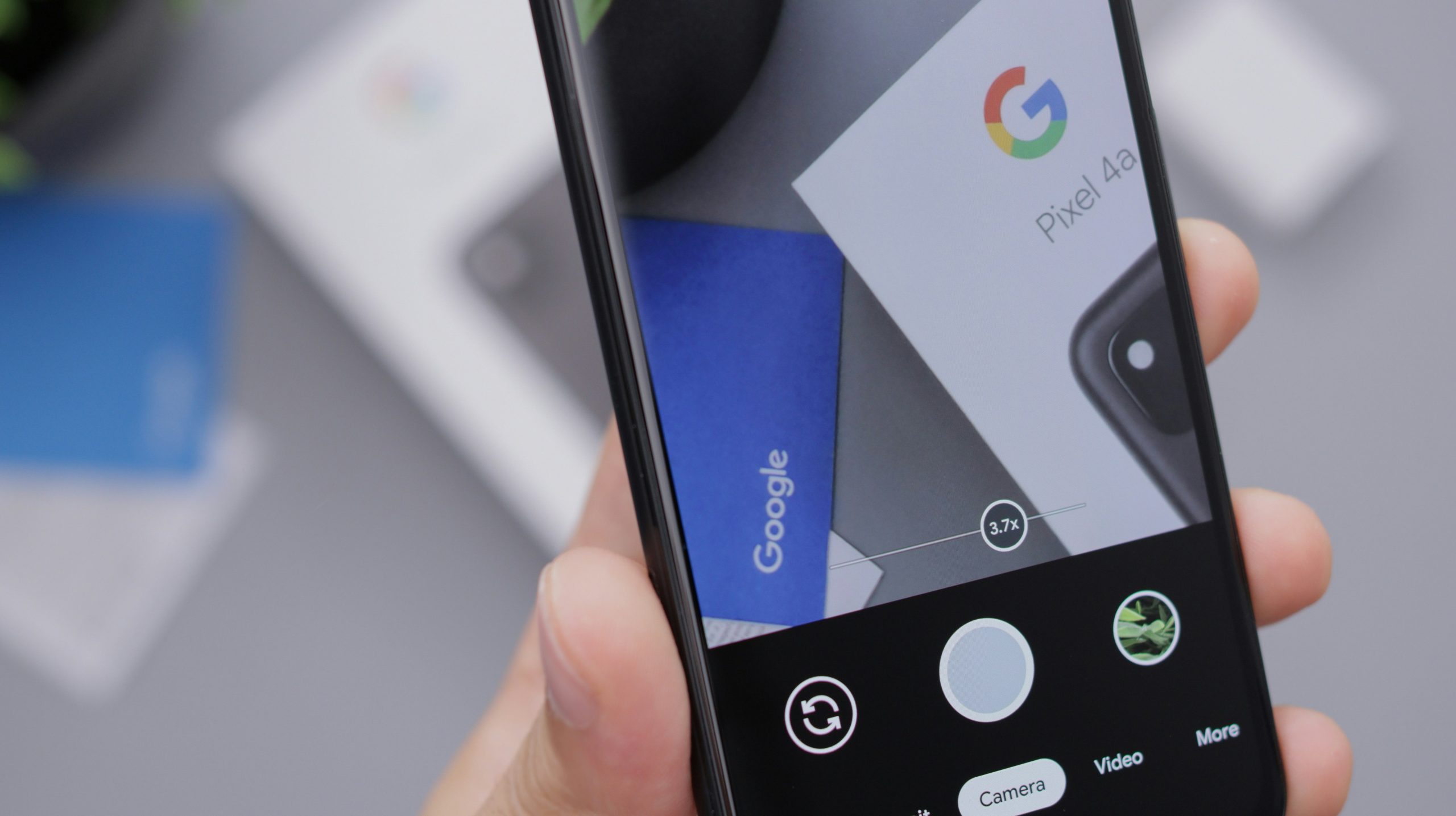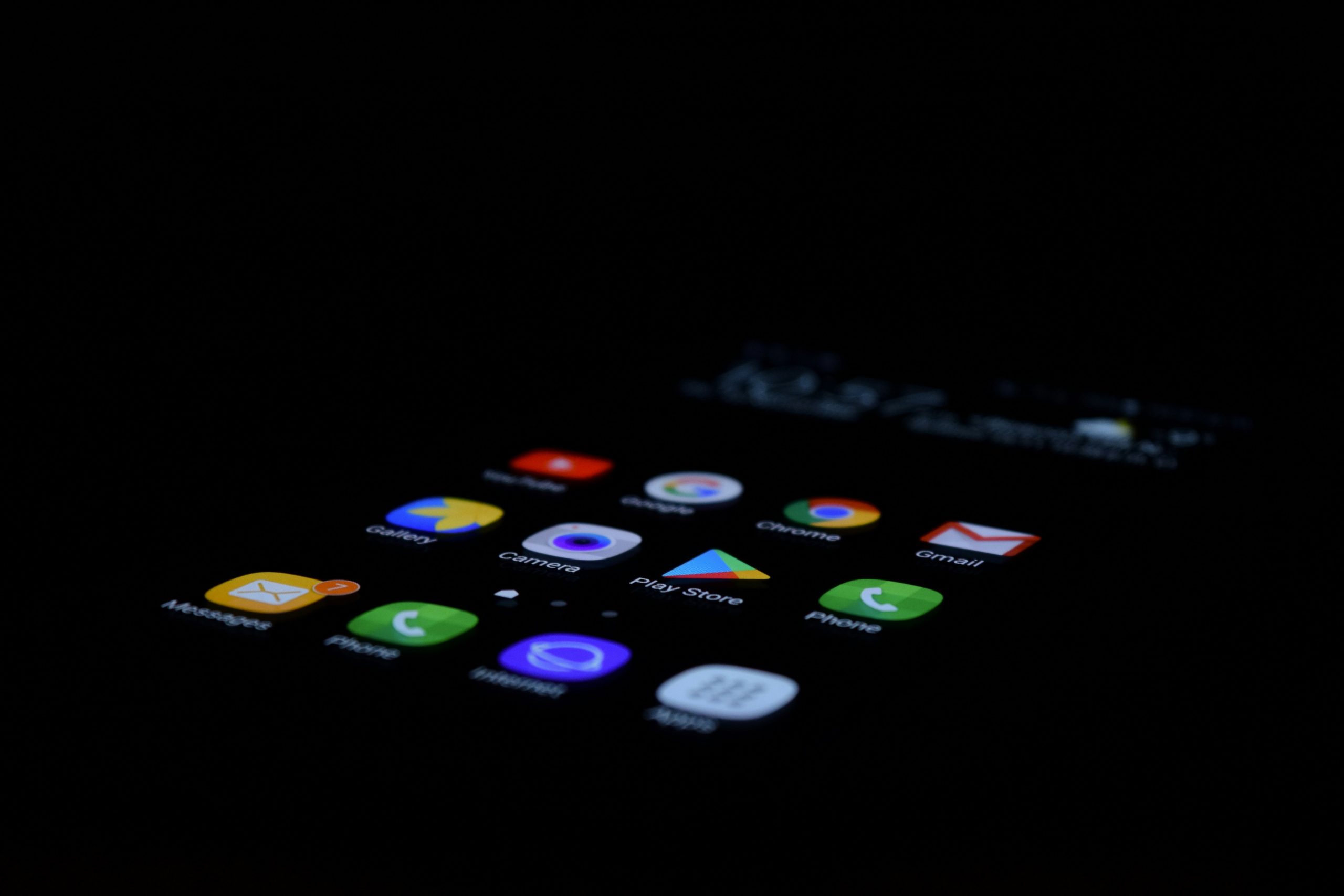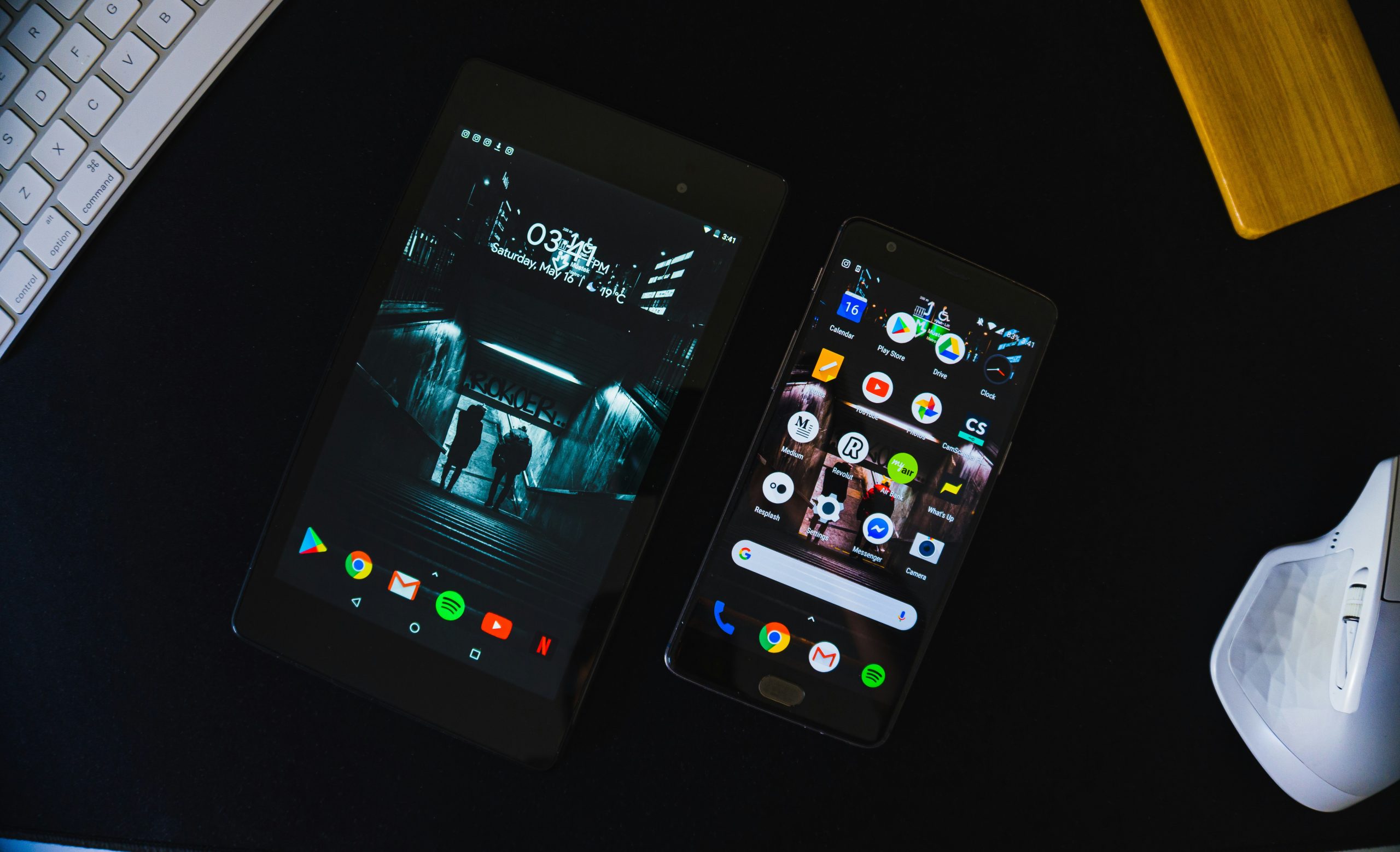In an age where privacy feels increasingly elusive, the persistent phrase This call is now being recorded can be more than just a reminder; it can feel like an unwelcome intruder in your conversations. Whether you’re discussing sensitive business deals or sharing personal anecdotes with friends, hearing that automated voice can disrupt the natural flow of dialogue, raising concerns about who might be listening in. Taking steps to protect your privacy, such as choosing secure communication methods or opting to remove your personal information from US phone book with DeleteMe, can help you regain control over your digital footprint. For Android users, this notice often stems from built-in features designed for security and compliance, but many prefer to communicate without the looming shadow of recording.
If you’ve ever wished to silence that repeating notification and regain full control over your calls, you’re not alone. In this article, we’ll guide you through simple steps to disable this feature on your Android device. From navigating settings menus to understanding app permissions, you’ll unlock the secrets to reclaiming privacy while you converse—freeing you from both digital eavesdroppers and awkward interruptions. So let’s dive in and discover how you can enjoy uninterrupted conversations once again!
Why Call Recording Notifications Appear
Call recording notifications serve multiple purposes, rooted primarily in legal and ethical considerations. In many jurisdictions, it is mandatory to inform all parties on a call when the conversation is being recorded. This transparency promotes trust, ensuring that individuals are aware of their privacy rights and can adjust their behavior accordingly. Moreover, such notifications also fortify the accountability of service providers by warning users before the actual recording begins.
Beyond legal requirements, these notifications also act as a safeguard against misuse. They remind users that their conversations could be documented and revisited, thus deterring dishonest behavior during sensitive discussions. The notification becomes an integral part of fostering a respectful communication environment; everyone involved has visibility into how their personal information may be handled post-call.
While some view these alerts as an inconvenience or disruption to seamless communication, it’s essential to recognize their role in maintaining integrity in phone conversations. As technology continues to evolve—with more sophisticated means for monitoring calls—the importance of clear notifications becomes paramount in navigating our increasingly connected world while safeguarding individual privacy rights.

Check Your Device’s Settings Menu
Diving into your device’s settings menu can reveal a treasure trove of customization options that go beyond simply disabling the call recording notification. As you navigate through the various sections, consider exploring sound settings that may influence how your device handles alerts during calls. By adjusting these notifications, you can tailor enunciations to suit your preferences, ensuring a quieter or more discreet experience without sacrificing awareness.
Additionally, take a moment to examine privacy controls embedded within the settings. Many Android devices offer extensive options for third-party apps and default features that govern how call recordings are managed. Fine-tuning these permissions not only empowers you to exercise greater control over what gets recorded but also enhances your overall security by limiting access to sensitive information. Engaging with these settings cultivates an understanding of your device’s intricacies and ultimately fosters a more personalized user experience.
Adjusting Phone App Permissions
Adjusting phone app permissions can be a pivotal step in managing your user experience, especially regarding call recording notifications. The default settings on many Android devices prioritize privacy and security, so it’s essential to navigate these configurations with care. By diving into the settings menu, users can selectively grant or revoke permissions for individual apps, tailoring their mobile experience to better suit personal preferences. This not only limits unwanted notifications but also enhances overall functionality by allowing apps to perform optimally without intrusive interruptions.
Users should be aware that while disabling notifications is a short-term fix, adjusting app permissions offers long-term tranquility in daily use. For instance, granting microphone access more judiciously allows you to control which applications can record audio during calls or other activities. It’s an empowering move that promotes digital autonomy; you dictate the extent of your data sharing rather than adhering to blanket permission defaults set by third-party apps or system updates. Moreover, regularly reviewing these permissions keeps your device secure from potential breaches—ensuring you maintain both responsiveness and safety in an increasingly connected world.

Disabling Call Recording in Specific Apps
Disabling call recording in specific apps can significantly enhance your privacy, especially as more applications integrate this feature into their functionalities. While many users appreciate the convenience of having conversations logged for future reference, there are instances when maintaining confidentiality takes precedence. Understanding which apps allow you to toggle this setting might often go unnoticed. For example, popular messaging platforms like WhatsApp or Telegram may have integrated call functionality that parallels traditional phone systems but allows users greater control over their audio recordings.
To adjust these settings effectively, delve into the app-specific configurations rather than relying solely on your device’s general call settings. Each app usually offers a unique menu for managing security and privacy settings—accessing these can reveal options that prevent automatic recording or even prompt notifications whenever a recording begins. This nuanced approach empowers users not only to safeguard sensitive discussions but also reduces the anxiety associated with unintended recordings in both professional and personal contexts.
Additionally, consider educating yourself about potential third-party applications that may ignore default settings established by your primary communication tools. A thorough investigation into these external apps is essential as they could capture calls without explicit consent, further complicating your efforts to maintain privacy. By taking proactive steps tailored to each application you use, you ensure that your communications remain secure and private amidst advanced technological trends designed for convenience but sometimes at the cost of discretion.
Using Third-party Apps to Manage Settings
If the built-in settings of your Android device don’t provide the flexibility you need to manage call recording notifications, third-party apps can step in as powerful allies. These applications often come with a user-friendly interface that allows for comprehensive customization options. For instance, certain apps can help mute or entirely eliminate audible notifications while still facilitating seamless recording. This means you can maintain privacy and discretion without sacrificing quality.
Beyond just managing notifications, many third-party applications offer advanced features like cloud backup for recordings, intelligent storage management, and even transcription services that convert audio into text. When selecting an app, keep an eye out for those that prioritize security and user control over personal data. With countless options available on the Play Store, users have the freedom to experiment with different tools until they find one that perfectly suits their needs—making it easier than ever to tailor your phone experience without compromising functionality or security.

Conclusion: Final Thoughts on Call Privacy
In an age where privacy concerns dominate discussions about technology, the ability to control call recording notifications is more than a mere convenience; it reflects our broader desire for autonomy over personal data. As we navigate the delicate balance between transparency and confidentiality, understanding how to disable calls being recorded can be a powerful tool for those who value their privacy. It’s not simply about silencing a notification but reclaiming agency in conversations that matter.
Moreover, this decision resonates beyond individual preferences—it speaks to the evolving relationship we have with our devices and service providers. With advancements in AI and machine learning constantly reshaping our communication landscape, knowing how to protect ourselves from unsolicited surveillance becomes increasingly vital. Ultimately, fostering awareness around such features encourages not just personal empowerment but a collective push for greater ethical standards in technology use. By embracing proactive measures regarding call privacy, we can ensure that our dialogues remain intimate and secure spaces amidst the clamor of incessant connectivity.
